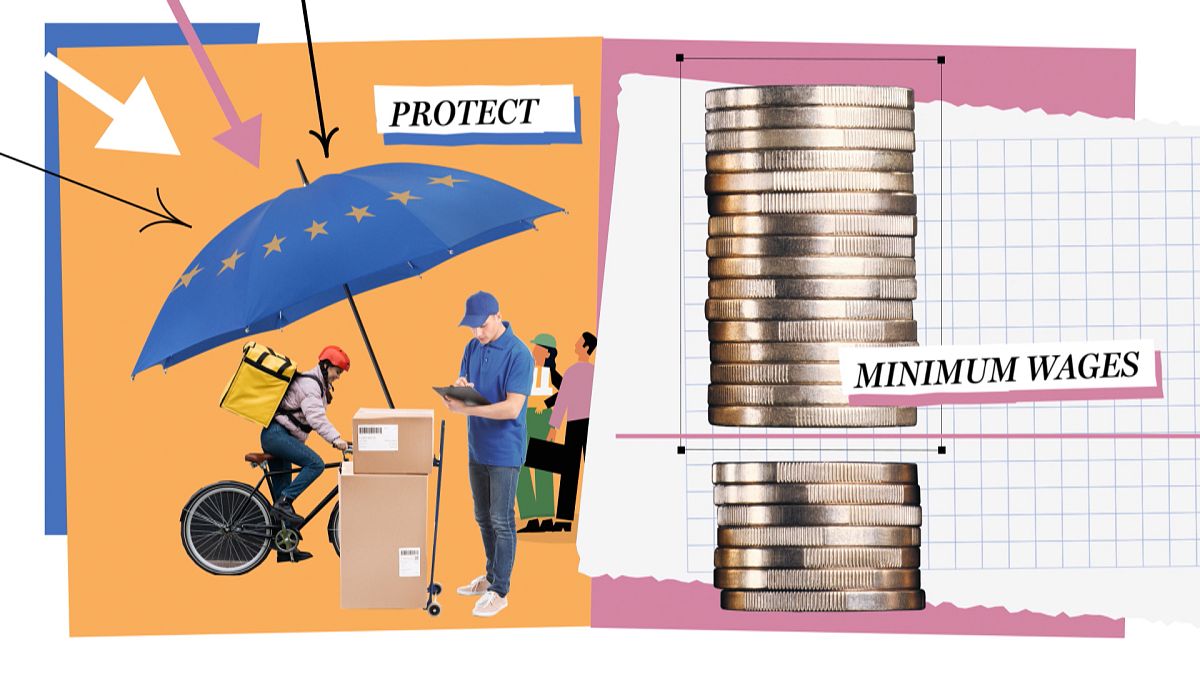Europe’s social model is profoundly appreciated by European citizens and remains a core value for the European Union. At an institutional level efforts continue to ensure fairness in work, housing, health and education.
A socially fair and just Europe is one on the European Union’s long-standing goals. Nearly nine out of 10 Europeans say they want a strong social Europe with fair working conditions, inclusion and equal opportunities. (88% of Europeans - Eurobarometer survey, 2024) The 20 principles of the European Pillar of Social Rights serve as a compass to find a path to to this lofty ambition.To get there the European Union set out an action plan, built on key targets to hit by 2030 targets.
They include at least 78% of people aged 20 to 64 in work, no less than 60% of adults in training every year and a reduction in poverty by at least 15 million people, including at least 5 million children.
Research indicates the objectives are in line with European citizens’ aspirations.
New EU legislation to protect platform workers and ensure adequate minimum wages are two examples of concrete action. As the rise of AI, the green and digital transitions, and demographic changes redefine the world of work, policies to upskill and improve social cohesion are likely to play an increasingly vital role.

